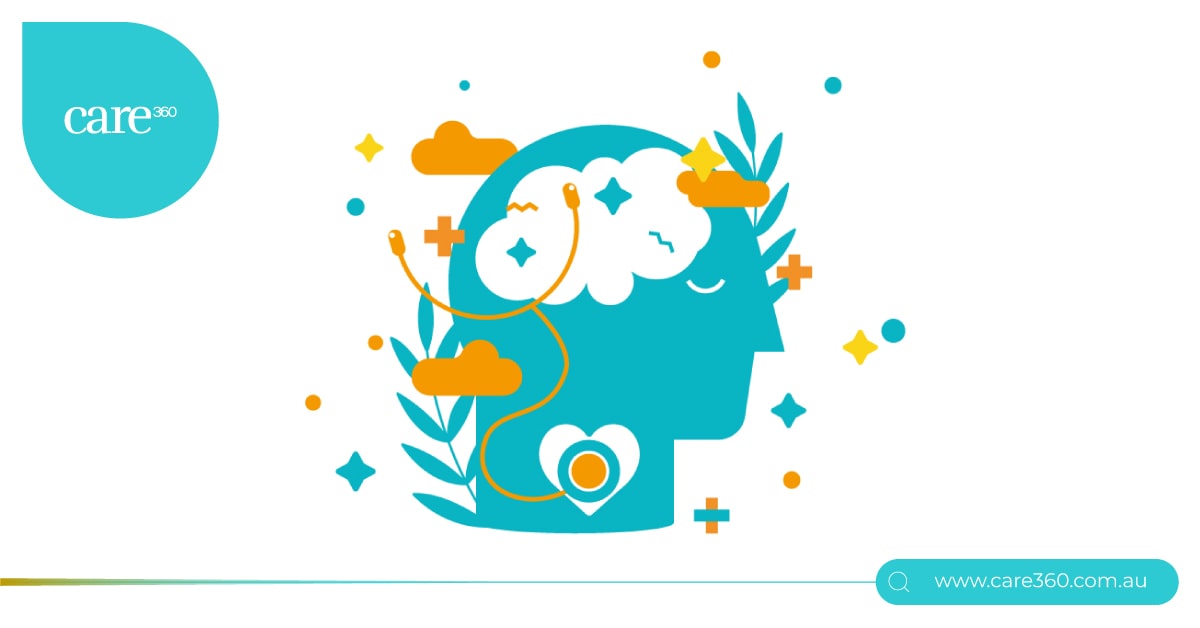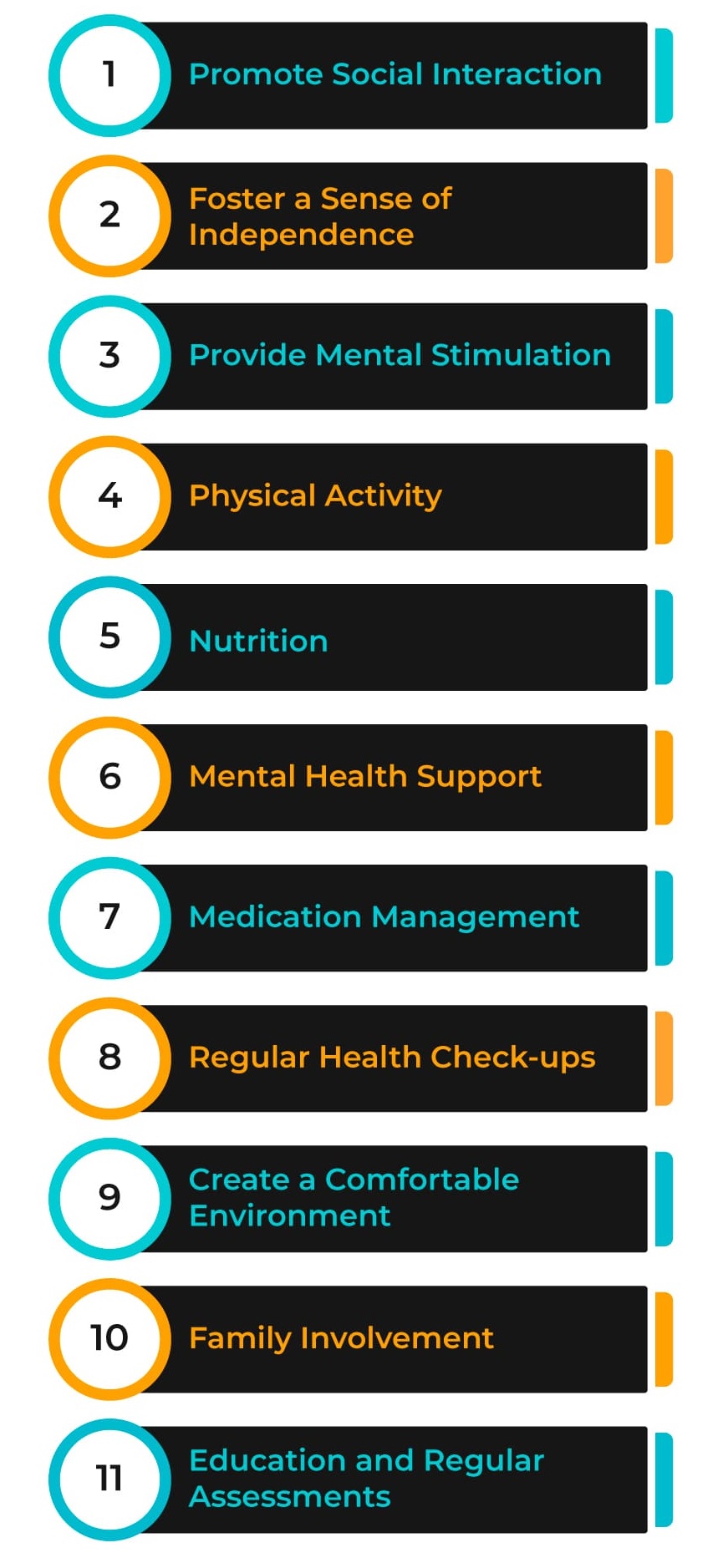
“Our Minds, Our Rights”
World Mental Health Day 2023 – is a day for global mental health education, awareness and advocacy.
This year, 2023, the World Mental Health Day theme is “Mental health is a universal human right”, a reminder call to everyone worldwide to create awareness, improve knowledge, and drive actions that promote and safeguard everyone’s mental health as a universal human right.
In Australia, 1 in 5 Australians are affected by mental illness[Reference], yet many don’t seek help because of stigma. So, creating awareness, improving knowledge, and driving actions is imperative, especially for older persons living in Aged Care Homes.
What is mental illness?
Mental illness is a health issue that affects thoughts, moods, and behaviour, influencing your perception of the world. It can cause distress, impacting work, relationships, and daily tasks. Some are short-term, while severe cases can be lifelong and disabling. Approximately 1 in 5 Australians experiences mental illness each year, with nearly half the population facing a mental health disorder at some point.
Different types of mental illness
Various types of mental illnesses exist, and several main groups of mental health disorders:
- Mood disorders, including depression and bipolar disorder.
- Anxiety disorders.
- Personality disorders.
- Psychotic disorders.
- Eating disorders.
- Trauma-related disorders, like post-traumatic stress disorder.
- Substance abuse disorders.
All these mental illnesses are curable; we must take care at the right time.
How to take care of Older persons Mental health in Aged Care?
Taking care of the mental health of older persons in aged care requires a holistic and compassionate approach. Here are some key strategies to consider:
1. Promote Social Interaction: Loneliness and isolation can negatively impact mental health. Encourage regular social interactions through group activities, family visits, or one-on-one conversations with staff and fellow residents.
2. Foster a Sense of Independence: Allow seniors to maintain a level of independence in daily activities whenever possible. This can boost self-esteem and overall mental well-being.
3. Provide Mental Stimulation: Offer activities that engage the mind, such as puzzles, games, reading materials, and arts and crafts. These activities can help maintain cognitive function and reduce the risk of depression.
4. Physical Activity: Encourage regular physical exercise appropriate for their abilities. Physical activity can improve mood and cognitive function while promoting overall health.
5. Nutrition: Ensure that residents receive well-balanced, nutritious meals. Proper nutrition can have a significant impact on mental health and cognitive function.
6. Mental Health Support: Employ trained professionals, such as psychologists or social workers, to provide emotional support, counselling, and therapy services when needed.
7. Medication Management: Monitor and manage medications carefully, as some medications can affect mental health. Consult with healthcare providers to ensure that medication regimens are appropriate and regularly reviewed.
8. Regular Health Check-ups: Schedule routine medical check-ups to address any physical or mental health concerns promptly.
9. Create a Comfortable Environment: Ensure that the living environment is clean, safe, and comfortable. A pleasant living space can positively influence mental well-being.
10. Family Involvement: Encourage family members to visit regularly and actively participate in the care and emotional support of their loved ones.
11. Education and Regular Assessments: Provide staff with training on elderly mental health issues, including recognising signs of distress and appropriate interventions. Conduct regular assessments of mental health status to identify any changes or concerns early on.
Remember that each individual is unique, and their needs may vary. Tailor care plans to meet the specific mental health requirements of each older person in aged care and regularly evaluate and adjust these plans as necessary.
As we celebrate World Mental Health Day 2023, it is crucial to emphasise that ensuring mental wellness for seniors is not just a responsibility but a collective commitment. The mental health of our elderly loved ones in aged care is a vital component of their overall well-being and quality of life.
By prioritising empathy, understanding, and the implementation of comprehensive strategies to support their mental health, we can make a significant difference. From fostering social connections and promoting independence to providing mental stimulation and creating a nurturing environment, every action counts.
In the spirit of World Mental Health Day’s theme, “Mental health is a universal human right” let us reaffirm our dedication to preserving the mental wellness of our seniors. By doing so, we honour their invaluable contributions to society and ensure that they enjoy the dignity, respect, and happiness they rightfully deserve in their golden years.
Together, we can create a world where mental wellness for seniors is a cherished and protected right today and for generations to come.






